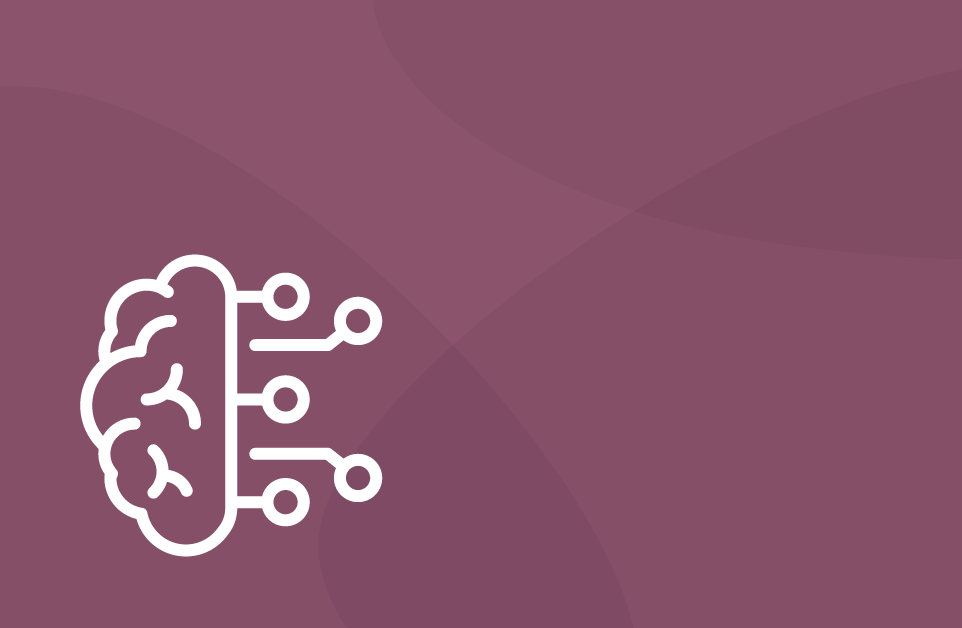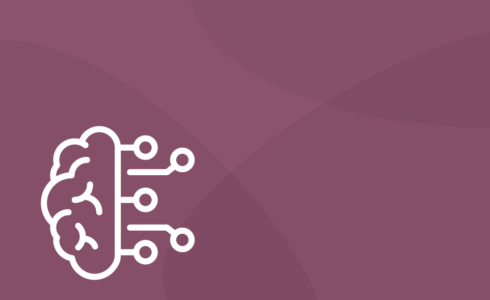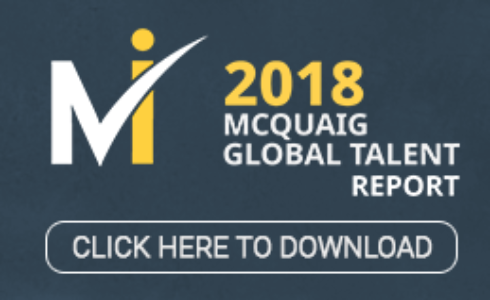The power of Artificial Intelligence is undeniable, transforming the business world and disrupting industries across the board. Even Human Resources is not immune, benefiting greatly from AI’s ability to improve processes and drive better decision-making. However, while the advantages are clear, we must be cautious in using AI, implementing it carefully and mindfully.
Regarding HR procedures, several strategies are effective for assessing candidates, including behavioural interviews and psychometric tests. Behavioural interviews allow us to gauge how a candidate might react in different scenarios, highlighting essential qualities such as communication, teamwork, and problem-solving prowess. Psychometric tests are recommended for a broader understanding of personality traits, aptitudes and cognitive abilities. Though AI can assist with analysis and evaluation, ultimately, the onus lies with human experts to make the final judgment call.
By integrating AI into our HR processes, we can achieve better outcomes and help people reach their full potential. However, like any tool, we must use it wisely and carefully, ensuring that we balance automation and humanity while always putting people first.
AI is set to revolutionize human resources departments by transforming the way businesses operate in the following functional areas:
Improve Candidate Sourcing and Screening
Candidate sourcing and screening can prove incredibly frustrating, tedious, and a significant drain on company resources. However, AI-powered tools bring tremendous potential to this task; they can dramatically reduce the time required to sort through potential new hires while delivering vastly improved results.
AI can quickly and efficiently search through large quantities of applicants, identifying those with relevant qualifications and those best suited for company culture and specific departments. Using these tools frees HR personnel to focus exclusively on the most suitable candidates when conducting in-depth interviews, ultimately resulting in better hiring decisions.
AI tools offer benefits throughout the recruitment process, streamlining the hiring process by reducing certain biases and increasing overall efficiency. With AI-powered features, even initial interviews can be conducted, utilizing natural language processing capabilities and sophisticated algorithms to parse candidate resumes.
By embracing AI-powered recruitment, companies can get the talented individuals they need and at the same time, free up time for HR personnel to focus on other critical aspects of the hiring process.
Facilitate Diversity and Inclusion
Unconscious bias is an ever-present risk in the screening and hiring process. Artificial Intelligence can be used to mitigate this by turning it inward to analyze internal processes. For example, AI tools can review an organization’s screening and hiring practices and job postings and suggest revisions to make them more inclusive. As a result, companies can attract a more diverse prospect pool, leading to more diverse teams.
Employee engagement and retention
HR teams can use AI to gain insight into employee preferences and sentiments, resulting in a more personalized employee engagement plan to improve retention rates. AI-driven chatbots and virtual assistants can help staff members with quick answers, while sentiment analysis tools can track employee satisfaction.
Enhance Employee Development and Training
HR teams can leverage AI to craft development and training programs as varied and unique as the employees. AI-powered tech can gather employee performance, behaviour, and interaction with coworkers to customize learning and development plans that maximize professional and personal growth potential. As a result, employees will feel more included and motivated to perform, improving retention and advancement.
Learning and Development
AI can provide a personalized employee training and development approach by leveraging individual strengths, weaknesses, and learning styles. AI-powered learning management systems analyze employee data and offer customized training to sharpen their skills, gaining instant feedback and assessments.
Performance Management
AI makes it possible to monitor and evaluate employee performance in real-time to assist HR teams in identifying areas for improvement and supporting better-performing team members. AI-driven performance management tools analyze data, provide objective feedback, and provide more informed decisions for informed decisions.
HR Analytics
AI can capture and analyze massive amounts of data, leading to more informed and data-driven decisions throughout an organization. AI-powered HR analytics tools track employee productivity, turnover rates, and workforce demographics, among other vital metrics.
Beware the Risks
The greatest danger when involving AI in operations is assuming it’s infallible or flawless. AI algorithms will learn from and adapt to the historical data available. However, issues can arise if that data contains any bias or stereotypes. If HR personnel are to take advantage of AI in their processes, they will need to regularly review the data and results to ensure they remain free from bias.
While AI can help in certain aspects of recruitment and talent management, it is essential to recognize behavioural interviews and psychometrics’ value and effectiveness in assessing the human factor in a candidate’s profile. Additionally, with McQuaig’s focus on AI implementation, the application has the potential to create a more intuitive user interface that exposes the most relevant and actionable information at the right times.
Overall, AI has the potential to transform the way HR operates, making it more efficient, effective, and data-driven. Organizations must ensure that AI is used ethically and responsibly and that employees are comfortable using AI in HR processes. With so many complicated and repetitive tasks involved, being able to offload everyday HR processes to AI-powered tools frees up personnel to focus on the more essential parts of their roles: making important people decisions and helping employees in their organization grow and develop. By being attuned to all the benefits and mindful of the risks, HR can greatly broaden its capabilities and strengthen its organization.




